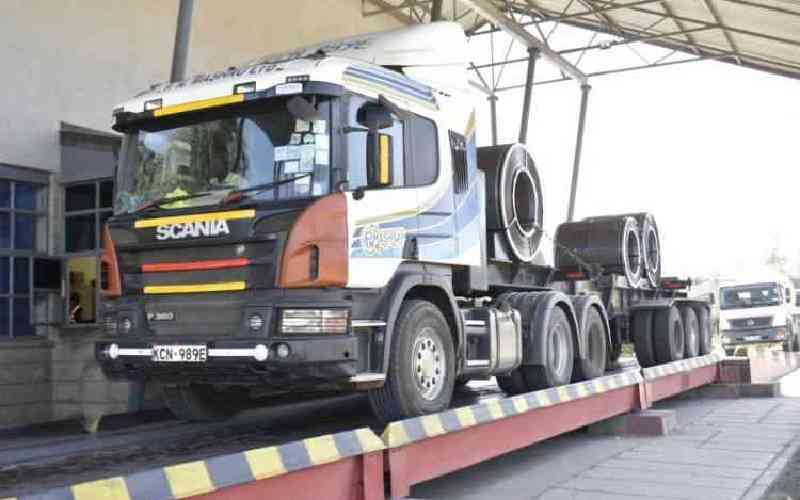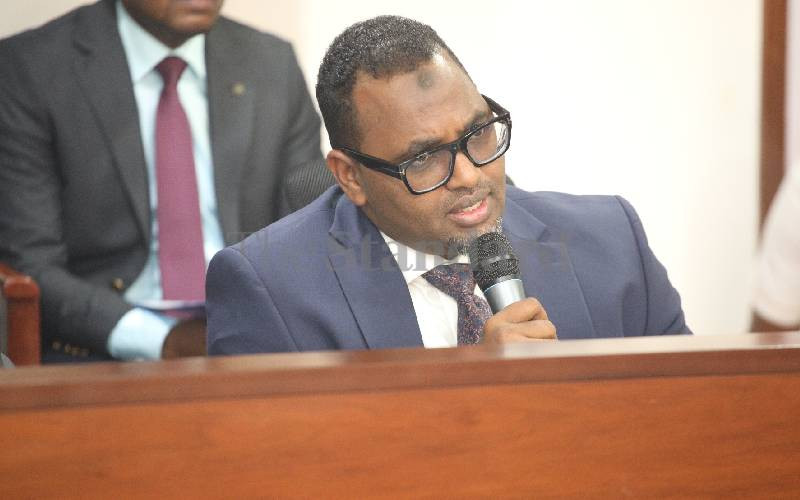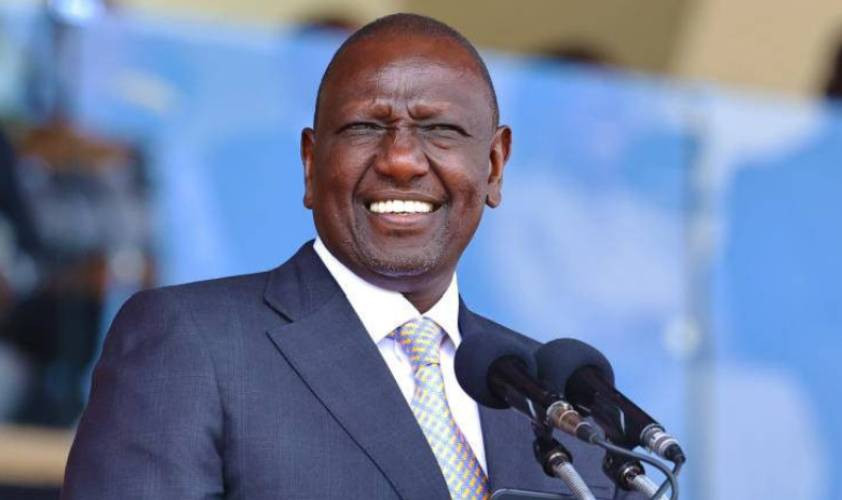
The Kenya National Highways Authority (KeNHA) says it has eliminated human interference at the country’s weighbridges through digitisation.
The agency credited this to its push for driving compliance levels to 98 per cent and reducing opportunities for corruption.
Daniel Cherono, KeNHA’s Director of Planning, Research and Compliance, said the authority has invested heavily in technology that allows trucks to be weighed automatically in less than 30 seconds, with data transmitted directly to headquarters for monitoring.
“All our 13 static weighbridges and 26 virtual stations are now automated. There is very minimal human interaction, which means fewer loopholes for bribery or malpractice,” Cherono said D.C. during an anti-bribery sensitization workshop.
According to KeNHA, its Nairobi headquarters can now track operations at all 39 stations in real time, enabling swift detection of irregularities.
Trucks that comply with axle load limits pass through without stopping, while only non-compliant vehicles are flagged for physical checks.
“This has made the process seamless for transporters, cut delays, and boosted efficiency in cargo movement across the Mombasa–Nairobi–Busia corridor,” Cherono said, noting that the corridor is a vital trade route for the East African region.
The shift to automation is part of KeNHA’s broader push for zero tolerance to corruption.
Cherono announced that compliance with axle load regulations has reached 98 per cent across the country’s weighbridge stations, a milestone that reflects progress in both infrastructure protection and anti-corruption efforts.
“I want to reiterate the commitment of KeNHA, from the board to top management, that we do not tolerate any act of corruption. Our goal is zero tolerance,” Cherono said.
Currently, KeNHA manages more than 24,000 kilometers of national trunk roads.
To enforce axle load limits, the authority operates 13 static weighbridges and 26 virtual stations nationwide, working closely with the National Police Service and private contractors.
In collaboration with the Ethics and Anti-Corruption Commission (EACC), the authority is also training 1,700 staff, including police officers and contractors, on integrity and bribery laws.
“This initiative is part of a government directive that requires all public institutions to strengthen ethical standards,” Cherono noted, adding that any reported incidents of corruption are immediately referred to the EACC.
Stay informed. Subscribe to our newsletter
However, Cherono stressed that technology remains the biggest deterrent.
“Digitisation has removed the need for truckers to negotiate with officers. The system speaks for itself,” he said.
By curbing overloading, digitised weighbridges help extend the lifespan of roads, saving taxpayers money in maintenance.
They also enhance safety for road users by reducing risks associated with overloaded vehicles.
The director urged transporters to comply fully with axle load limits and report any corruption incidents directly to KeNHA or the EACC.
With compliance now at 98 per cent, KeNHA says the next goal is full adherence.
Periodic audits and continued investment in technology are planned to sustain progress.
“We have demonstrated that digitisation works. The next phase is to refine these systems further and move closer to 100% compliance,”Cherono said.







